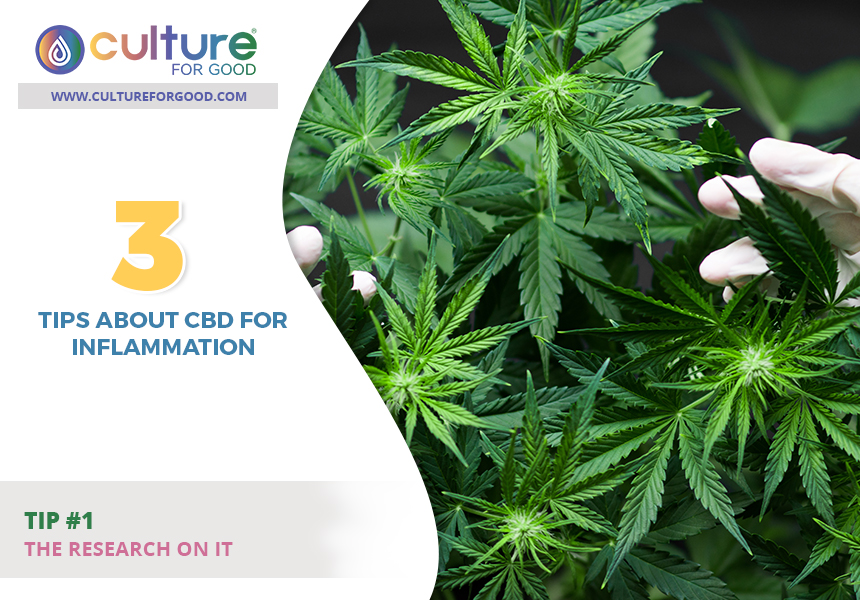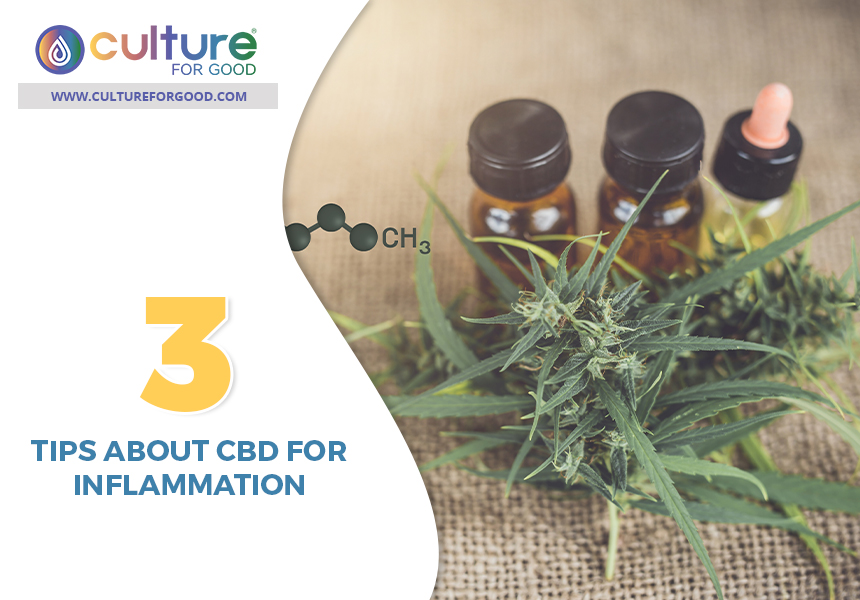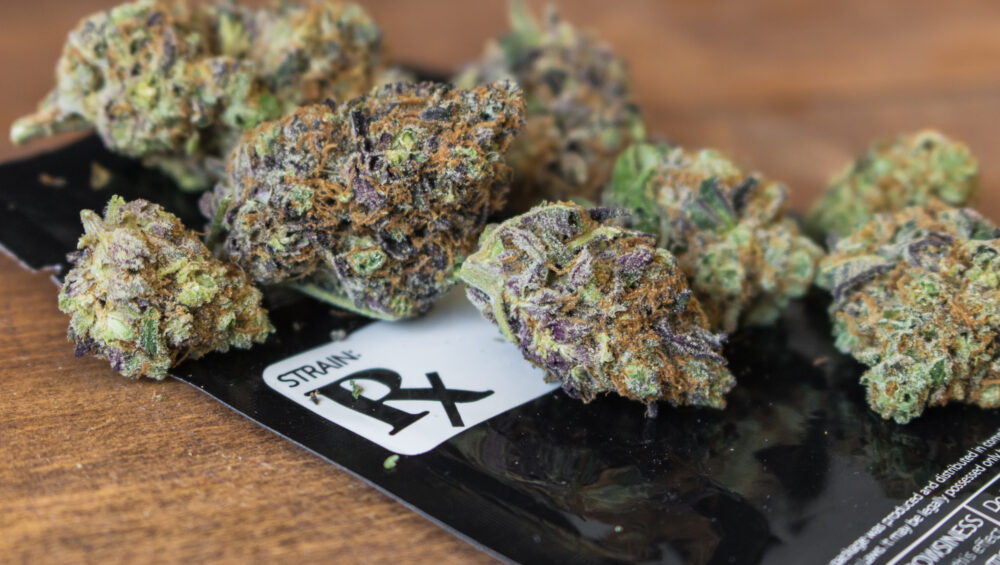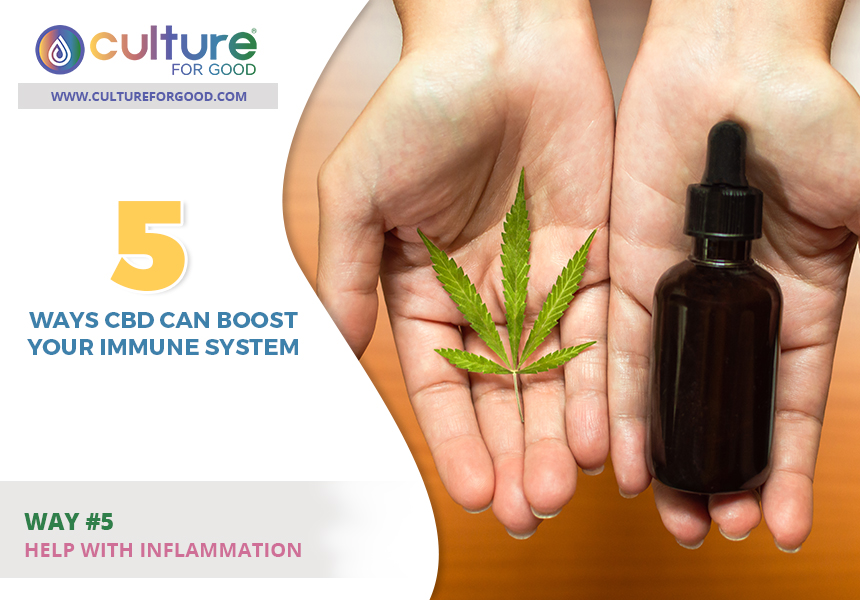3 Tips About CBD For Inflammation
When our bodies experience inflammation, our white blood cells are producing at a higher rate to protect us against infection. However, if this inflammation is unregulated, it allows further damaging free radicals (known as oxidative stress) to go rampant. If left untreated, this can sometimes to fatal consequences¹.
Currently, the most common anti-inflammatory medication on the market is known as NSAIDs. Though NSAIDs can help reduce inflammation and the pain that comes with it, they also have a number of dangerous side effects, including:
- High blood pressure
- Kidney damage
- Potential severe allergic reaction
- Risk of heart attack
- Risk of stroke
With these side effects, it comes as no surprise medical professionals have been seeking out another form of medication. And CBD just might be the answer. Due to prohibition, there isn’t a whole lot of research concerning CBD and inflammation. Yet, the little research we do have is promising.

1The Research On It
Since CBD has had a huge success in limiting the aches and pains brought upon by inflammation, the researches wanted to see if it held the potential to reduce free radicals.
The research paper concluded:
“Inflammation and oxidative stress are intimately involved in the genesis of many human diseases. Unraveling that relationship therapeutically has proven challenging, in part because inflammation and oxidative stress “feed off” each other. However, CBD would seem to be a promising starting point for further drug development given its anti-oxidant (although relatively modest) and anti-inflammatory actions on immune cells.”
In other words, CBD can greatly help with pain relief from inflammation. It also has some potential in preventing inflammation, but not enough to start prescribing. However, if CBD were combined with other chemicals, there’s a strong possibility it can fully prevent inflammation.

2Suggested Dosage
Taking CBD for inflammation is a great and safe way to offset the pains and aches associated with the disease.
Since doctors can’t yet prescribe it for medication, it can be confusing to know the right amount to take and how to take it.
Most CBD users agree that 25mg taken twice a day is standard if you’re seeking to use it for medical reasons. If you still feel pain, you can increase to 50mg twice a day for 3 to 4 weeks.

3Other Factors To Consider
Still, it can’t be forgotten, we’re all built differently. There are many factors that attribute to how CBD effects us, including our:
- Diet
- Environment
- Genetics
- Metabolism
- Weight
You must also consider the consistency of the product you’re using whether it be a vapor, edible, or smokeable. This is a big downer of the current CBD market. Since there are no official regulations, many companies will mislabel their products.

A Note From Us
CultureForGood seeks to offer people in need of this medication a reliable source. Our products are not only consistent but are professionally tested. In turn, this gives YOU all the information you need for the CBD in your product.
Reference Sources
¹ NCBI: InformedHealth.org [Internet]. What is an inflammation?


















